After the Harris/Walz campaign blew over $1 billion, its top managers joined their first interview post-election on Pod Save America to explain what went wrong. Their excuses range from having less than 107 days instead of a year and a half, the fact that Harris wasn’t elected via the “traditional” route, the “political environment” — meaning Biden and Kamala’s poor approval ratings — along with Donald Trump, Donald Trump and Donald Trump.
“They don’t pretend to have all the answers here,” host Dan Pfeiffer started the podcast. “There’s way more to cover than we could possibly cover in one podcast.” Though you may struggle to believe it, the hour and thirty-five-minute interview only got worse from there. Jen O’Malley Dillon, Quentin Fulks, Stephanie Cutter and David Plouffe all tried very hard to dance around saying “we screwed up” and played the blame game instead. Supposedly they focused too much of their efforts on battleground states, claiming that “where she campaigned, we did way better than the rest of the country, and Donald Trump did worse.”
The most interesting bit of their game occurred around the fiftieth minute of the podcast when the campaign managers attempted to address how the money was spent. “We have to stop playing a different game as it relates to super PACs and the Republicans. Love our Democratic lawyers, I’m tired of it. They coordinate more than we do,” senior advisor David Plouffe started. As Cockburn noted previously, Kamala Harris’s campaign raised $195.8 million through super PACs in comparison to Trump’s $23.2 million.
“Having an ecosystem whether it’s on issues like reproductive health or climate or manufacturing or healthcare… I think that they tend to have more entities that are uh…” At this point, Plouffe seems about to admit that Republicans are better at unifying efforts and funds than Democrats. But he quickly pivots. “You know, to Stephanie’s point, clearly it is not legal what they’re doing, but we are at a disadvantage when our folks are playing by a different set of rules than they are.” The only “set of rules” Plouffe mentions is when Barack Obama couldn’t attend the super PAC events Mitt Romney could back in 2012.
It’s still unclear how being more coordinated with much less money — and even less cash from “dark-money” super PACs — is illegal. What is clear is that Republicans were much more “coordinated” this time around. “I think our side was completely mismatched when it came to the ecosystem of Trump and his super PACs and ours,” campaign manager Jen O’Malley Dillon finally admitted.
After Pfeiffer’s forty-five-ish minutes of easy questions, he pressed Dillon slightly, asking if Democrats going forward would use more of an ecosystem of super PACs instead of funneling all the money through one — “Future Forward.” Dillon responded inconclusively. “There are a lot of really important groups that do shit really well,” she mentioned. “And I also think that we should let people do what they do well, and help support them in that, and just have some coordination, and that would be my recommendation going forward.”
“We had a massive investment of staff, you know, 3,000 staff, hundreds and hundreds of offices in battleground states,” Dillon said in this same segment. “We had canvassers and people out knocking doors.”
In the first half of the interview, Pfeiffer asked about their approach to the campaign in terms of educating people about Trump. “I think the data is an incredibly faulty reading that what we should’ve done is just lift up Kamala Harris,” Plouffe concluded, after a long diatribe essentially admitting that the only way to overcome Trump’s high approval ratings from his first term is by scaring people with the terror of his second.
Other than the bit where the campaign execs blamed news outlets for giving Kamala “dumb” questions in interviews, Cockburn’s favorite line from the podcast was: “We put her on the Weather Channel. In part, because that’s where people were watching.”
“Real people heard in some way that we were not going to have interviews, which was both not true and also so counter to any kind of standard that was put on Trump,” Dillon mentioned. “On top of that, we would do an interview, and to Stephanie’s point,” — Stephanie Cutter made a lot of “points” — “the questions were small and processes—” Cutter: “Dumb, they were just dumb.” In light of Kamala’s multiple softball interviews and her CNN town hall where she couldn’t answer legitimate questions from undecided voters, this was quite the “point” from Cutter.
When pressed about why Kamala didn’t appear on The Joe Rogan Experience or lean into more podcasts, the campaign managers talked about Kamala’s limited time to campaign, and Walz’s role as the podcast king. “And the truth is, when Trump would go on these podcasts, the conversation wasn’t political,” Cutter, who oversaw messaging and communications for the campaign, said. “Call Her Daddy was a really important choice to make,” Dillon mentioned. And don’t even get Dillon started on how Trump got “no shit” from doing absolutely no traditional media, and they got “tons of shit that she wasn’t doing enough media.” Yet almost in the same breath, Cutter admitted that when Trump would book anything mainstream “they would cancel it.” Supposedly Walz was the podcast guy, as he covered the “politics-adjacent space” with “sports, hunting, fishing, running” and “football.” Yikes.
The podcast ended with a tiny bit of head-hanging — though not without many disclaimers — as they discussed how the Democratic Party could learn from their mistakes, getting back to those “bread and butter-type” issues that can strike home with the podcast bros.
“We’re losing the culture war,” Pfeiffer mentioned near the end. The hour-and-a-half interview demonstrated Cockburn exactly how right Pfeiffer was. As Dillon surmised in the most insightful line of the podcast: “You cannot put enough money into social media and digital advertising and paid programming to have the impact that organic reach has when people are empowered to speak in their own lives.”
The backlash to the managers’ lack of meaningful introspection has been vicious, naturally. “The rare cases where they speak in public shows how insular and controlling these people are, because you can see how fucking thin what they’re saying is,” one Harris aide told NOTUS’s Jasmine Wright. Ouch…



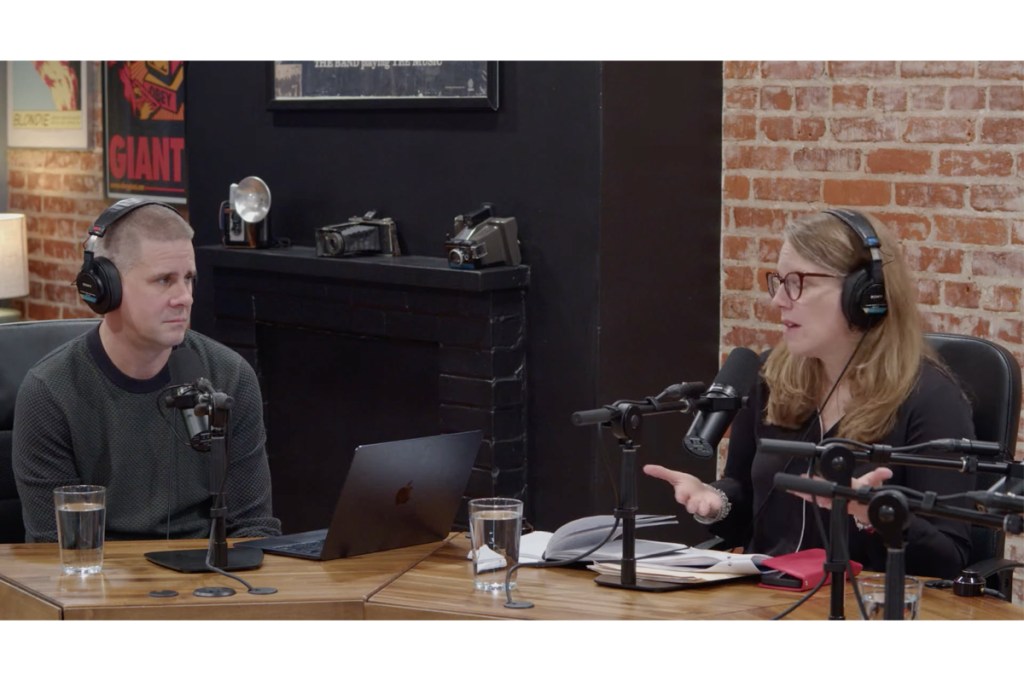






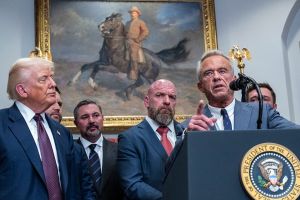



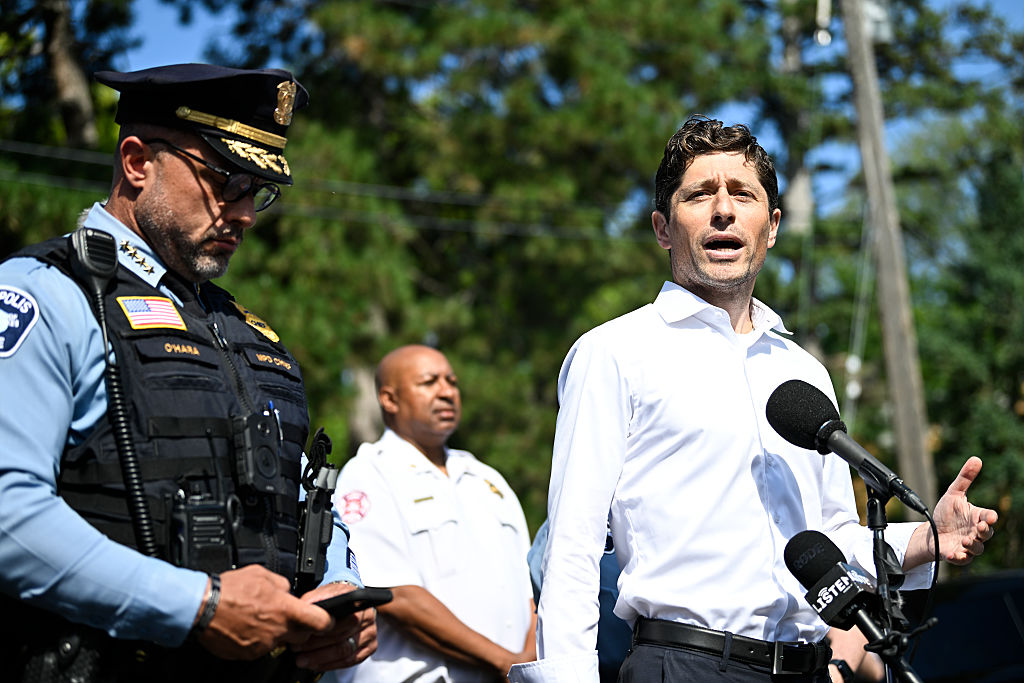
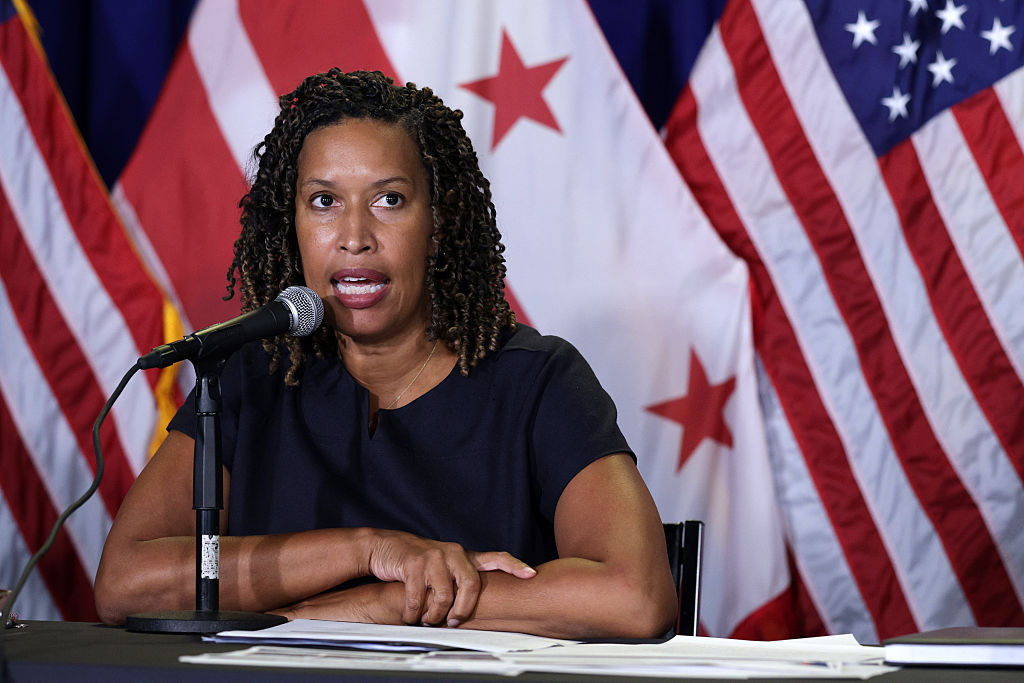
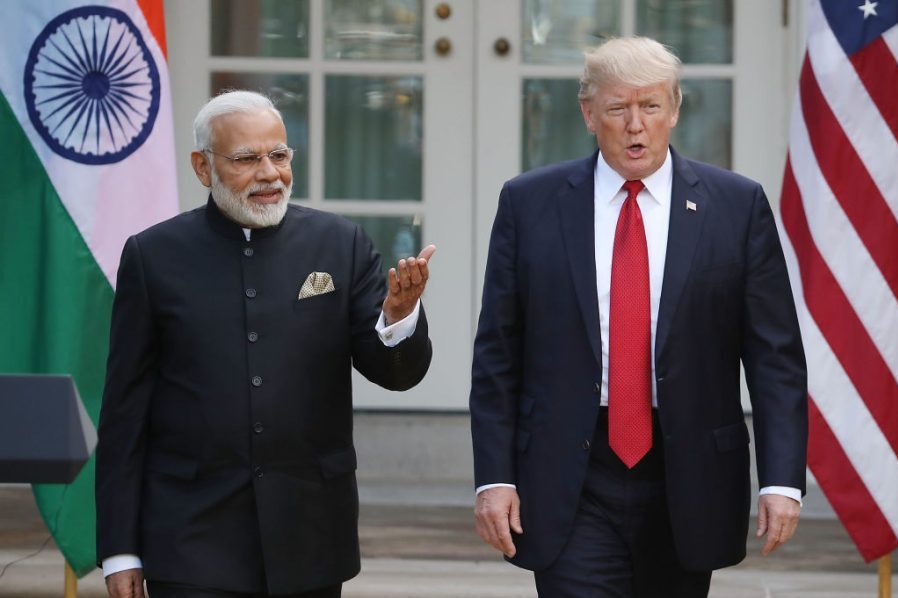

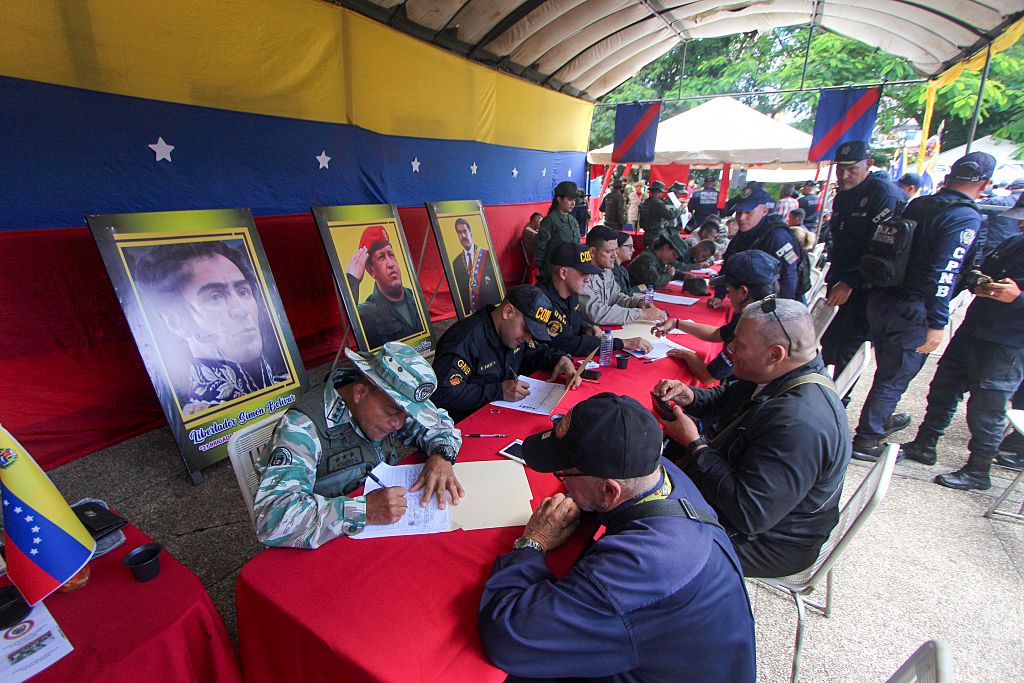







Leave a Reply